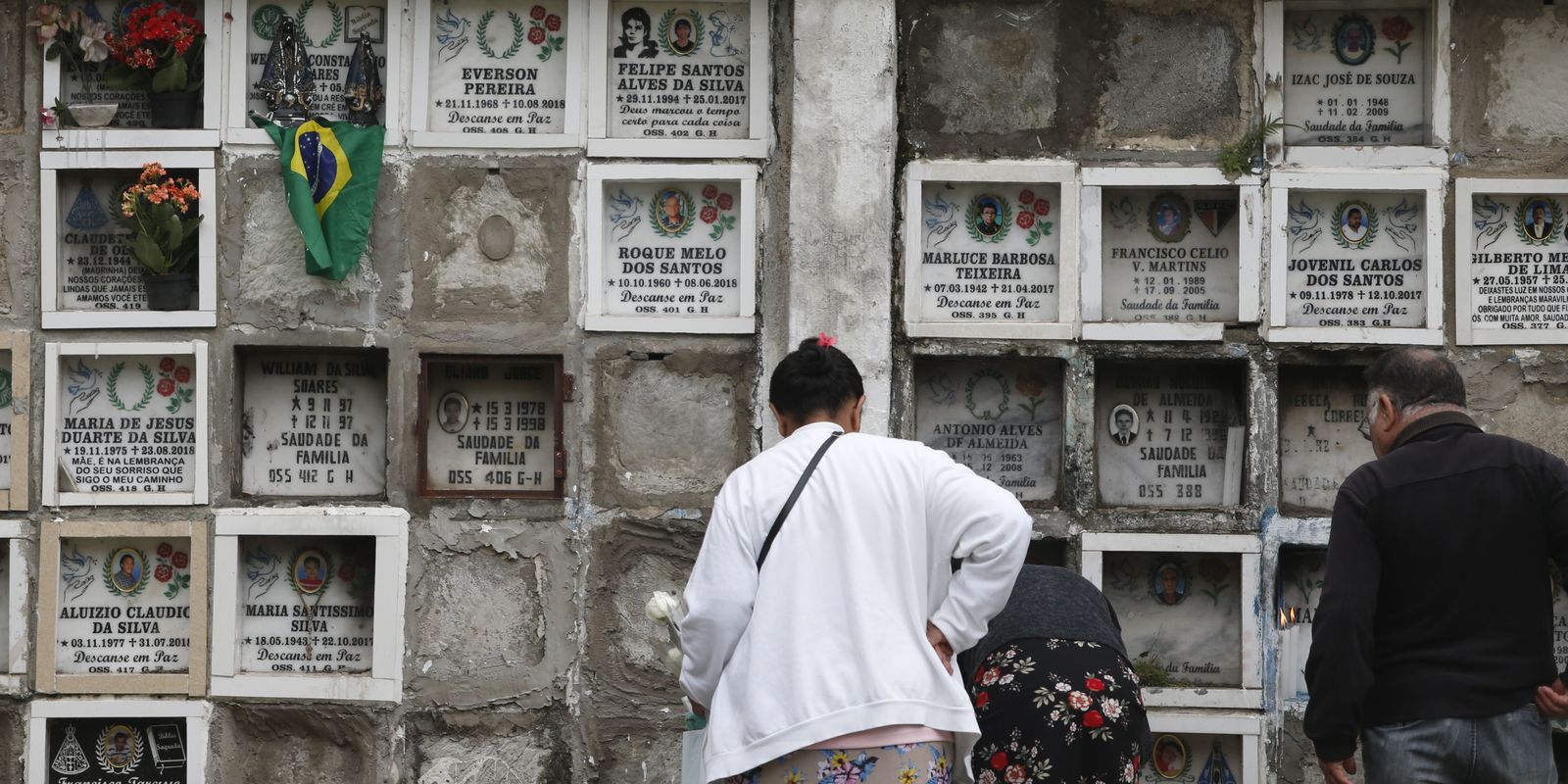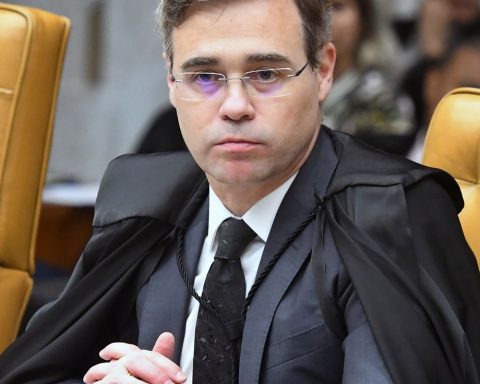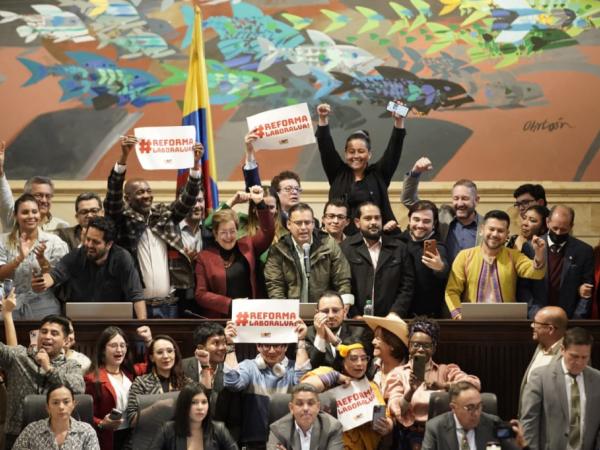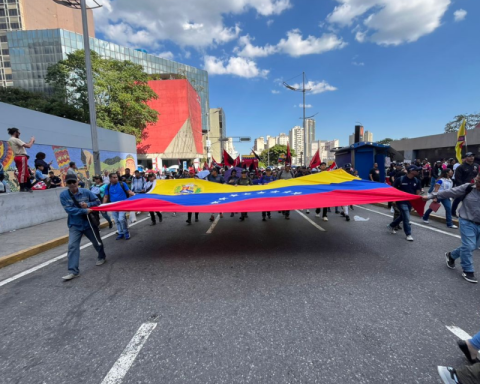Minister Flávio Dino, of the Federal Supreme Court (STF), determined, this Sunday (24), that the municipality of São Paulo will once again charge the funeral service fees charged before the cemeteries were granted to the private sector.
Prices can only be updated using the Broad National Consumer Price Index (IPCA), to correct for inflation. The decision is a precautionary measure, therefore provisional, until the court plenary judges the content of the action.
According to a survey by the São Paulo Municipal Servers Union (Sindsep), before the concession the cost of the cheapest package of funeral services was R$428.04. After the concession of the units to the private sector, the lowest package value for customers rose to R$ 1,494.14, according to Sindsep, based on values disclosed by the concessionaires themselves.
“Therefore [decisão]the aim is to avoid irreparable damage or damage that is difficult to repair to the detriment of families in São Paulo, in the face of a public service apparently at odds with fundamental rights and basic moral values”, stated the minister in the decision.
He added that it will be up to the municipal administration to take the measures it deems appropriate to comply with the injunctionmaintaining or not the concession contracts.
The administration of the funeral service in the capital of São Paulo was taken over by four companies. In total, there are 22 public cemeteries and one crematorium. The contracts provide that the concessionaires are responsible for the operation of services, management, maintenance, exploration, revitalization and expansion of the units. The duration of the concession contract is 25 years.
Commercial exploitation
The decision was made following action by the Communist Party of Brazil (PCdoB) questioning the concession of the administration of public cemeteries and crematoriums and funeral services to the private sector. The PCdoB argues that the privatization of these services has led to “unrestrained commercial exploitation”.
Minister Flávio Dino indicated, in the decision, reports published in the press, brought to the case by the party authoring the action, in which there are reports of abuses suffered by the population who use the funeral service.
“Although the privatization of funeral, cemetery and cremation services has at its origins an idea of modernizing public provision, the path followed so far has strong evidence of systemic generation of serious violations of several fundamental precepts, including the dignity of human person, the obligation to maintain an adequate public service that is fully accessible to families”, wrote Dino.
The judge adds that, until this procedural moment, he sees that the commercial practices adopted by the cemetery concessionaires violate constitutional precepts, which is why they must be prevented through precautionary measures. He then indicated that the analysis of the constitutionality of the privatization of the public service will be left to be judged on the merits by the STF plenary.
The City of São Paulo said, in a statement, that “the measure is a setback to the actions adopted by the administration to serve the poorest”.
“The STF’s decision eliminates, for example, the 25% discount on social funerals guaranteed by the new model. We therefore viewed with concern a decision that, in reality, causes the loss of benefits.”
“It is also worth highlighting that the action was based on reports already contested by the city hall after publication of misleading or incomparable values. Finally, the city hall regrets the political use by political parties [Partido Comunista do Brasil] who are trying to cause a setback in a concession that has directly benefited the population, especially the most vulnerable families”, concludes the note from the city hall.
Councilors
SP Regula, the regulatory agency responsible for supervising concessions, had registered, until the beginning of the month, 141 infraction notices, which resulted in 22 fines. Councilors from the capital of São Paulo even defended the expiration of contracts concession of municipal cemeteries to the private sector.
After reports of abuse, poor application of services and non-compliance with contractsthe São Paulo City Council summoned two of the concessionaires that took over the management of the units, in addition to inviting SP Regula to provide information.
In one of the extraordinary meetings held by the Chamber, councilors reported cases of loss of human remains by cemeteries managed by Grupo Maya. Furthermore, the complaints included the practice of charging values above the price list for funeral services in the capital, which was denied by the concessionaire’s CEO.

















